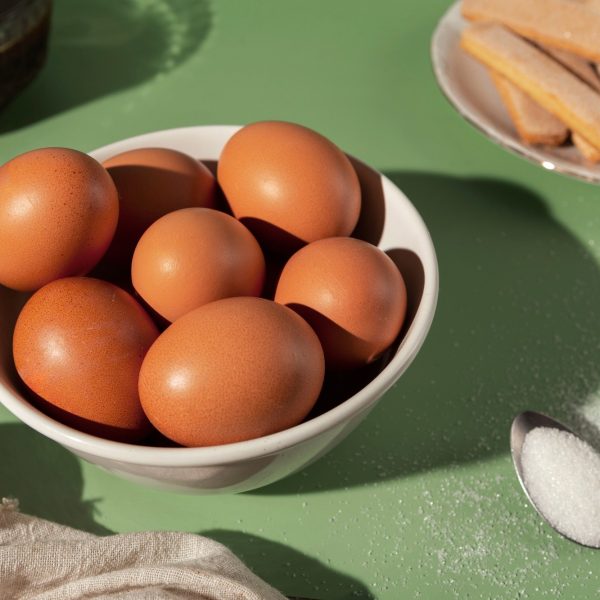Age, they say, is just a number. While we would not disagree, our bodies, with their biological clocks ticking, might. There are numerous changes that occur as you age, so it becomes important to change your habits to keep up with the body. Just making small changes in what and how you eat can go a long way in helping you stay healthy for years to come.
Understanding bodily changes that happen during your 30s
You are definitely ageing like fine wine, but once you hit your 30s you must make note of these physiological changes you might be experiencing –
- Metabolic Rate – Were you able to chomp on that large pizza on your own just a couple of years ago? That may not be the case as you get older. The metabolic rate slows down with age, making it difficult to burn calories as rapidly as before. The body may not respond well to things that used to suit you and start to repel them. As a result, you become prone to gaining weight.
- Hormones – Hormonal changes are not just limited to teenagers; they are fairly common in your 30s too. These hormonal imbalances can show up on your skin and hair or even affect your menstrual cycle. Acne and pigmentation become regular skin concerns. Experiencing an erratic menstrual flow? Your hormones are to be blamed for that too.

While your age is sadly not in your control, your nutrition is, and here’s what you can do to feel more energised from within –
Re-evaluate your diet
Proteins, fats, and carbohydrates are the three basic components of your diet that account for all of the energy produced in your body. They are in charge of keeping your body running smoothly. When you reach your 30s, you need more energy to function at the same level. The first step towards better health is to realign the ratio of your macronutrient intake – fats, protein, and carbohydrates.
Increase Lean Proteins
Every decade, there is a 3% to 8% loss in muscle mass and bone density. To make up for the loss, you should significantly raise your protein intake in your 30s. Consuming lean proteins promotes bone density and minimises muscle loss. The essential component of a nutritious eating plan is to incorporate enough protein into your diet. A quarter of your meal should ideally consist of lean protein in the form of soya, cottage cheese, eggs, chicken, or fish, to name a few options.
Reduce Simple Carbohydrates
You are multitasking at home and at work, and you may be skipping a meal here and there. As a result, you end up gravitating more towards eating simple carbohydrates. These carbs are rapidly broken down in the body. What comes next? Increase in weight because simple carbs can make you feel hungry quite often (so you end up eating more than needed!)
Choosing complex carbohydrates over simple carbohydrates helps the body feel fuller for longer. You can easily reduce the likelihood of binge eating and give time for digestion. Oats, beans, broccoli, barley, and millet are all healthy options to include in your daily diet.
Increase Fats (only the good ones)
When you enter the third decade of life, hormonal changes are at their peak. It is also the time when women might want to maximise their fertility for family planning. With all of these changes, including good fats in your diet can help with balancing the hormones.
The fat content in Omega 3 is ideal for hormone stabilisation and increasing the levels of estrogen and progesterone. Other than supplements, good fats can be obtained from foods such as Chia seeds, Flax seeds, and Walnuts.
Your 30s can be as energetic and lively as your twenties if you eat a well-balanced diet. A diet that consists of quarter portions of proteins, complex carbs, veggies and some amount of good fats. Having said that, eating a healthy diet does not imply giving up on those lip-smacking delicacies. You can enjoy your favourite snacks on occasion because balance is the key to long-term success.





















Share this article